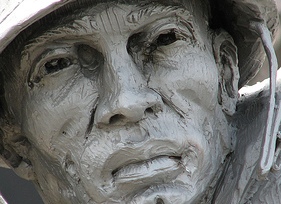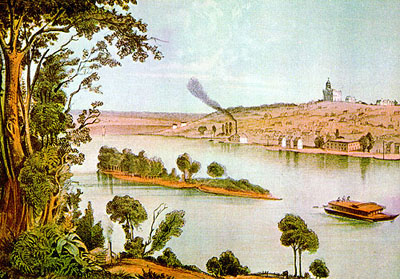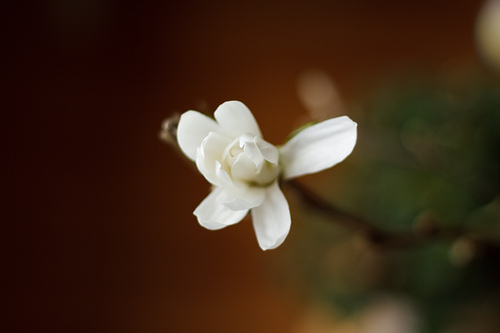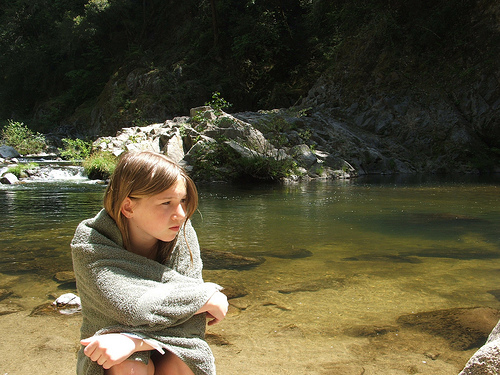The Flesh is Charged with the Grandeur of God: On Elaine Christensen’s “Sermon on Manchac Swamp”
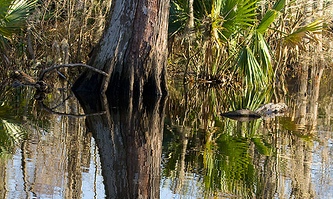
Anthology Poet Highlight 30/82: Elaine Wright Christensen, “Sermon On Manchac Swamp” Ah, “[t]he world is charged with the grandeur of God. / It will flame out, like shining from shook foil; / It gathers to a greatness, like the ooze of oil / Crushed.” So Hopkins, for whom “nature is never spent.” For whom creation is a living fountain of… Read more »

